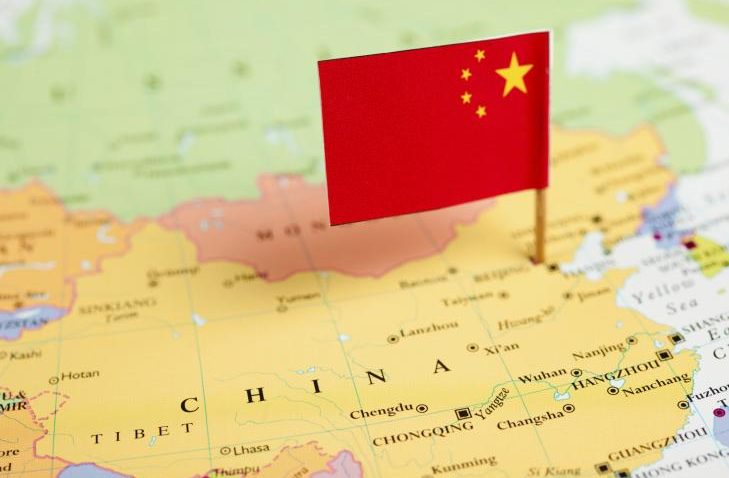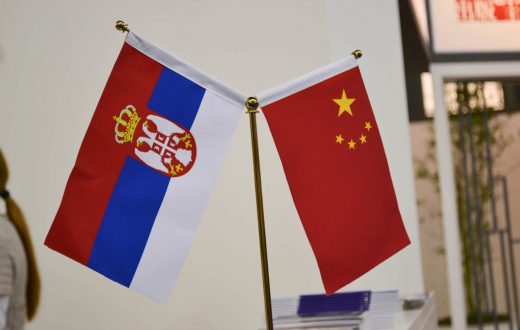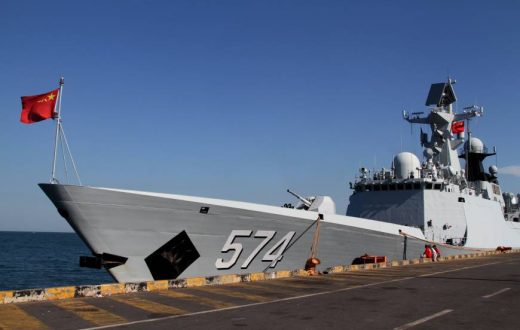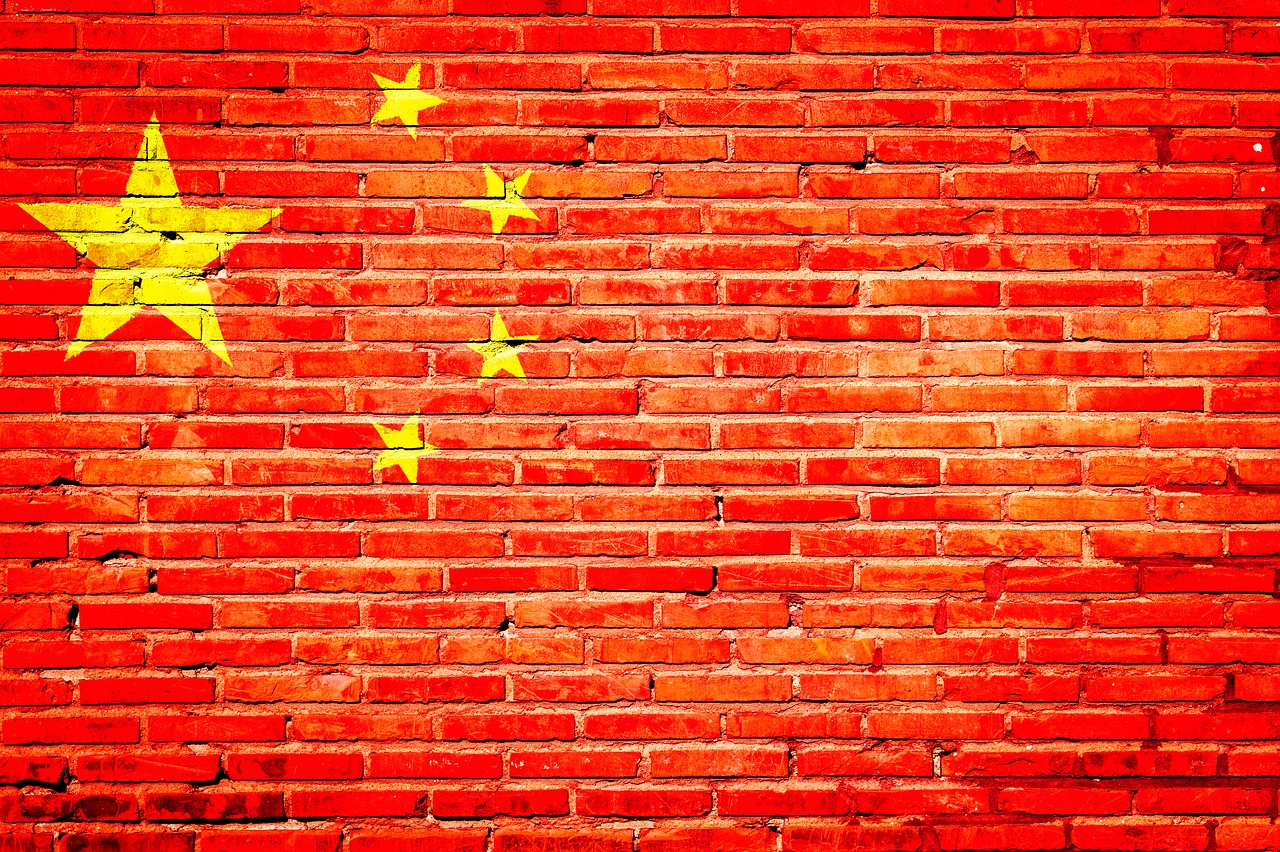China has established itself as a global power, but this unstoppable rise has triggered fear, as well as intensified other states’ security dilemma. For this reason, China has to triple its efforts to make the world feel comfortable about this advancement in the international arena. In fact, this ascent is not nearly easy as it seems, mainly because there are some crucial factors that are making it difficult for China to rise peacefully.
Firstly, it is essential to consider external influence on the chinese foreign policy. Considering the international system itself in the frame of the so called ‘realism theory’, it can be seen as the main driver of China’s foreign policy. In other terms, every country wants to have as much power as possible, and gaining power has also been a key point of the China’s agenda since Deng Xiaoping, where seeking more power has always perfectly corresponded to achieving national interests. But in order to reach those goals, China especially wants to preempt U.S. motives to contain China, and therefore a big chunk of China’s foreign policy energies are spent on shaping the U.S. perception of a rising China.
Secondly, foreign policy is also affected by domestic politics in many different ways. For instance, the level of competition among elites and political parties, public opinion, political economy, nationalism that can push leaders to be more assertive and the issue of inter bureaucratic within the government and bureaus fighting with each other all belong to this category. In this regard, contrary to democratic countries, in China the number of access influencing foreign policy is very small, at least on paper. Certainly there are the Politburo of the Communist Party, the military and some regional leaders, but it is undeniable that the access is narrower.
Another fundamental factor of China’s rise is the role of leadership. Related to this, it is clear that Xi Jinping has dramatically altered China’s foreign policy rhetoric, and his conception differs greatly from his predecessors, for instance Hu Jintao. Having travelled in more than thirty countries, the general secretary has championed with the so called ‘big power diplomacy’, that is not talking about how to deal with other big powers, but rather to emphasize on China’s actions, its self identity as a big power and consequently its responsibilities. In fact, since Xi Jinping assumed the leadership in 2012, China has projected itself in the international arena expanding its footprints and influence. Beijing is seeking to play a more prominent role i the world, while laying out its own initiatives, such as the Asian Infrastructure Investment Bank and the near-trillion-dollar trade program, the Belt Road. Moreover, according to this approach, the basis of conducting China’s foreign policy is to draw a bottom line, which is China’s core national interests, and when other states challenge its sovereignity or try to violates this line, China will retaliate.
In addition, under the new Jinping’s leadership, China has been affected by what Edward Luttwak – a popular politica scientist – calls ‘great power autism’, which means China’s inability to listen to other states’ opinions, a mindset which is very far from Deng Xiaoping’s attitude. In fact, todays’ China is more ready to push its interests without taking into consideration other countries’ reactions, and it is with this strategy that China’s hoping to reach the top of the global hierarchy.
Despite these important changes, China’s intent is not to start a war, but rather to rise smartly. In this sense, China’s view of dominance means mainly financial dominance. And it is mostly for this reason that China’s efforts are revolving more and more around the economical sphere. Actually, China perfectly knows that rising by war will be self-destructive, and its purpose is not to overturn the whole world order by military confrontation, but just to reform some aspects of the existing order. But whether this process will be peaceful or not depends on how other countries will respond to China’s rise in future.








